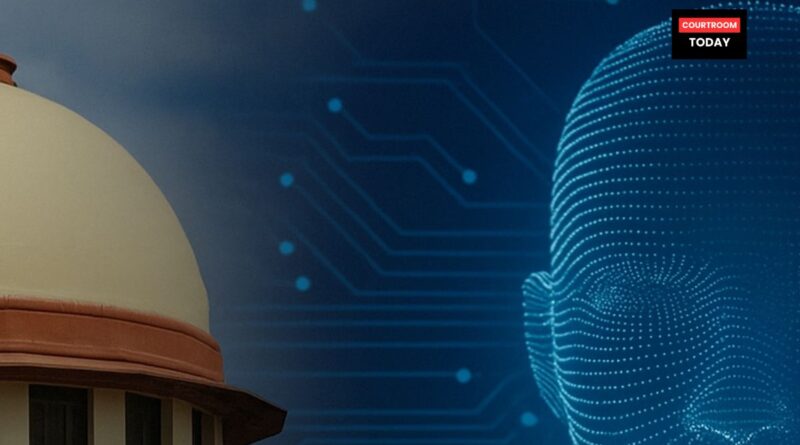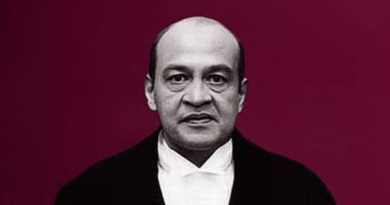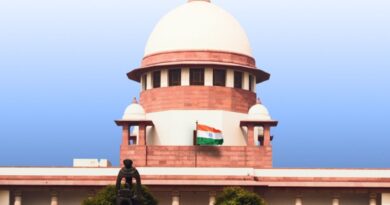Supreme Court PIL Seeks AI Regulation to Curb Deepfake Threat
A public interest litigation (PIL) has been filed in the Supreme Court urging the Union Government to create a strong regulatory and licensing system for Artificial Intelligence (AI) tools, especially those that can generate fake or altered images, videos, and voices of real people.
The PIL, filed by advocate Aarati Sah, seeks a direction to the Ministry of Electronics and Information Technology (MeitY) and the Department of Telecommunications (DoT) to set up a legal framework ensuring responsible use of AI and accountability for digital platforms such as Meta and Google.
According to the petition, deepfakes—AI-generated content that looks real but is fake—pose serious threats to privacy, dignity, and reputation. It says that such unregulated content has already caused significant harm and now endangers public trust, social harmony, and national security.
The plea mentions recent deepfake incidents involving public figures like Akshay Kumar, Kumar Sanu, and Sudhir Chaudhary, where courts in Delhi and Mumbai have already granted temporary protection orders.
Highlighting international examples, the petition notes that countries like the European Union, United States, China, and Singapore have already introduced regulatory measures, such as risk-based classification and labelling of AI-generated content. However, India currently lacks any specific legal safeguards to deal with such misuse.
The petitioner claims that this absence of regulation violates the fundamental rights of citizens under Articles 14, 19, and 21 of the Constitution. It also alleges that platforms like Meta and Google are slow to respond to deepfake complaints, making existing grievance systems ineffective.
Citing key Supreme Court judgments such as Justice K.S. Puttaswamy (Retd.) v. Union of India (right to privacy) and Tehseen S. Poonawalla v. Union of India (digital violence), the plea argues that judicial action is necessary to protect citizens’ “digital dignity.”
The PIL seeks three main directions from the Supreme Court:
- To instruct the Union Government to create and notify a detailed AI regulatory and licensing framework.
- To make it mandatory for digital platforms to have transparent, time-bound systems to remove deepfake or impersonation content.
- To form an expert committee of officials, jurists, technologists, and civil society representatives to suggest ethical standards for AI use.
The petition warns that deepfakes can “destroy lives, reputations, and institutions within moments” and could be used to influence elections, spread communal hatred, and weaken trust in democratic institutions if not controlled immediately.
The PIL has been filed through Advocate Anilendra Pandey.





